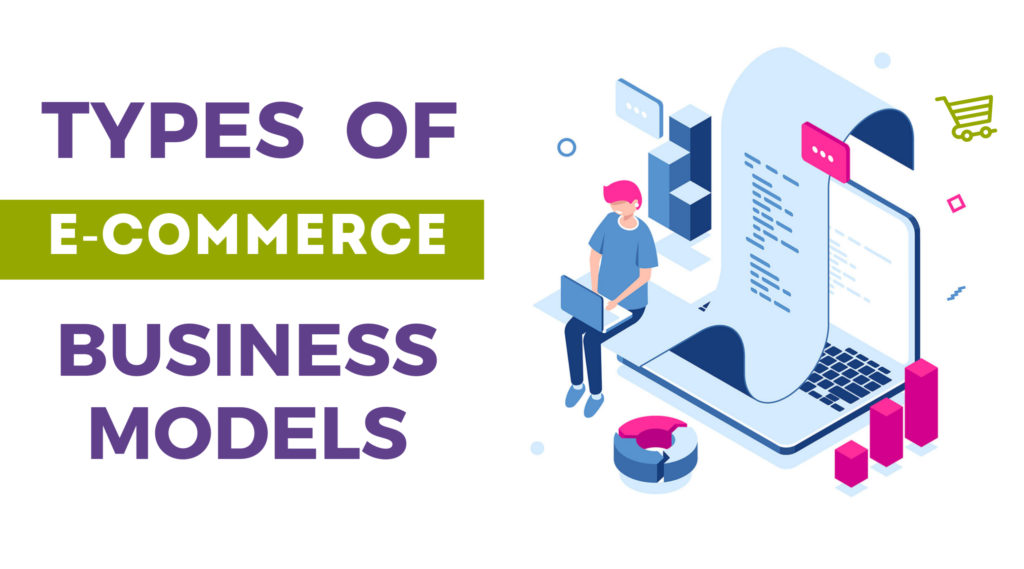
Know about Ecommerce Business
eCommerce refers to any form of business transaction conducted online. The most popular example of eCommerce is online shopping, which is defined as buying and selling of goods via the internet on any device.
However, eCommerce can also entail other types of activities, such as online auctions, payment gateways, online ticketing, and internet banking.

eCommerce is the fastest growing retail market projected to hit $4.135 trillion in sales in 2020.
Ecommerce includes any commerce which happens on the internet, be it buying and selling of any products and services. This includes a host of online business industries like online travel, retail, business/consumer services etc.
Also the business can be conducted between 2 businesses (B2B), a business and an individual consumer (B2C) or between 2 individuals (C2C).
Multiple models of ecommerce existing in the market.

Inventory Model:
The seller buys and maintains inventory and sells it online. The benefit is that the seller controls product/service quality and all logistics around it.
On the other hand, it also means a higher capital infusion required to buy inventory and Private labels of goods/services, online travel tend to work on this model.
Marketplace Model:
The seller simply acts as a platform for commerce between buyers and vendors registered on it. It provides all logistics and payment support around the sales which happen on it’s platform.
The benefit is lower capital required as no inventory is maintained and Big ecommerce companies like Amazon, Flipkart etc. tend to work on this model.
Drop Shipment Model:
The seller takes an order and passes it onto the vendor then The vendor directly ships the product directly to the buyer. The benefit to the seller is no inventory and logistics required.
However, the buyer’s experience, and hence the seller’s brand, is totally dependent on the vendor. This model has not found much acceptance and has been replaced by the Marketplace Model in most cases.
Few reasons for the failure of e-commerce business are:-

- Lack of business plan and also direction to follow right path.
- Poor marketing. Failing to understand the importance of internet marketing
- Poor site design with a bad user interface but High loading time is another factor
- Poor customer service
- Payment issues
- Lack of trust. 76.5% of visitors consider credibility and trustworthiness of the website to be the 2nd biggest influencer for buying decisions








What do you think?